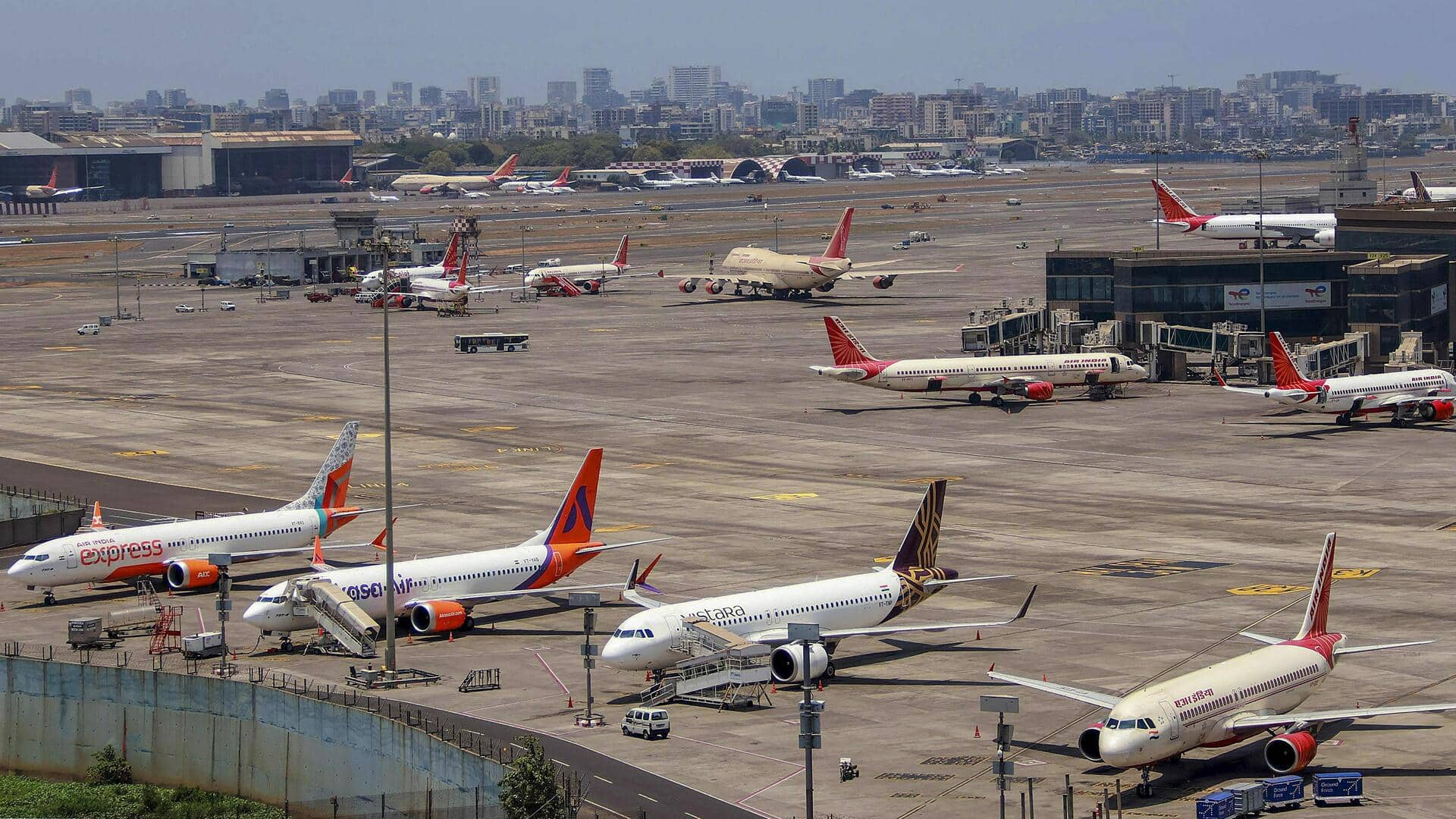
Indian airports to get upgrades worth 17,000cr
What's the story
The Airports Authority of India (AAI) has unveiled its biggest modernization drive for air navigation services. The project involves an investment of ₹15,000-17,000 crore to build or upgrade 65 air traffic control (ATC) towers by 2029. About 60% of the funds will be spent on civil construction, with the remaining 40% dedicated to technological upgrades.
Program goals
AAI's modernization program aims to tackle aviation growth bottlenecks
The AAI's modernization plan aims to prevent future bottlenecks in India's growth in the aviation sector by upgrading equipment, automation, and procedures at airports of all sizes. A senior official told CNBC-TV18 that although India has sufficient planes and pilots, limited airspace capacity could pose a significant challenge to the sector's expansion.
Investment details
Investment breakdown and airport coverage
The AAI's modernization plan will cover a total of 65 airports with an estimated investment of ₹15,000-17,000 crore. The cost is expected to be split into approximately 60% for civil works and 40% for technology upgrades. Among the airports, five handle over 100 aircraft movements a day and will undergo full ATC tower and ANS revamps while eight others will get major navigation system upgrades.
Expansion strategy
New towers and technology upgrades
The AAI's modernization plan also includes revamping ATC towers and installing new ANS equipment at 22 airports. Existing towers will be retained but fitted with upgraded ANS systems at another 26 airports. Four new greenfield towers with modern equipment will also be constructed, prioritizing Bhogapuram, Navi Mumbai, Dholera and Jewar as major greenfield ATC projects due to expected heavy traffic growth in the next decade.
Training upgrades
Workforce skilling and challenges
The AAI plans to upgrade the Prayagraj training center with new buildings, simulators, and radar facilities to meet the demand for more trained controllers. The Prayagraj academy will be upgraded with new buildings, simulators and radar facilities to increase training throughput and reduce the time taken for trainees to become operational. However, procurement delays in navigation and surveillance systems could pose a risk to meeting the 2029 deadline.